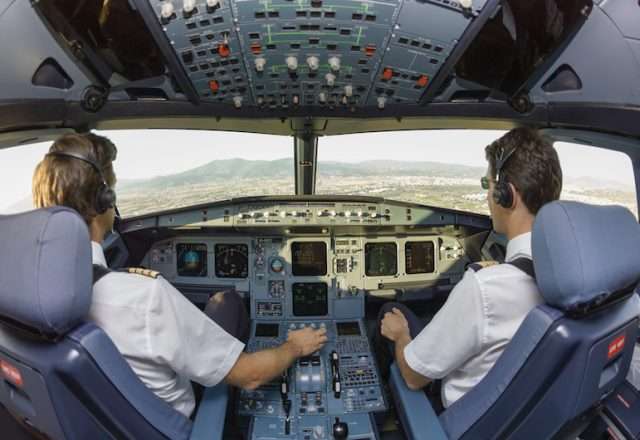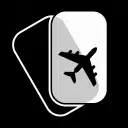Accredited Air Charter Brokers Ensure Pilots are Licensed to Fly
Back in April, a Southern Californian man was fined $5,500 (US) and sentenced to 10 months in federal jail for two counts of flying passengers in private jets without a valid license. Court documents show that the man operated a twin-engine Falcon 10 turbojet airplane with eight passengers on board from Van Nuys, Calif. to Las Vegas, Nev. after having his license revoked. He also flew without having the required co-pilot, and was never certified to fly this type of aircraft. It was an unusual case that caused much discussion and showed the importance of proper vetting of pilots in the private aviation industry. A trusted air charter brokers, Stratos Jets has policies in place to ensure all private jet pilots not only have the proper licensing, but are also trained for the aircraft and mission before any passengers are booked onboard.
Pilot in Command
Before an air charter broker such as Stratos hires a pilot for any flight aboard a private jet, safety protocols must be followed. First, the captain is required to hold a valid ATP (Airline Transport Pilot) certificate, which is the highest level of training in the aviation industry and is the same certification required by pilots of commercial airlines. To be eligible for the ATP, the pilot in command must:
- Be 21 years of age or older, with a Category 1 Medical Certificate
- Hold a Commercial Pilot Certificate
- Have a minimum 1,500 hours of flight time, including 250 hours as Pilot in Command
- Pass an extensive theoretical examination
Two for one
There are rules around how many pilots must be in the cockpit when it comes to flying jets of a certain size. Both a pilot in command (captain) and first officer (co-pilot) are required as specified by the flight manual and the Federal Aviation Authority (FAA) As a jet charter broker, Stratos requires all charter flights to be crewed by two pilots, even if the aircraft is certified for single-pilot operations. To fly a private jet, Stratos requires a first officer to have:
- Commercial Pilot License
- 1,000 total flight hours (500 as pilot in command)
- Second class medical certificate
Passenger safety is paramount
Along with the aircraft crew, an air charter broker must have a hand in safety aboard all flights. That is why certification is also available to brokers: Jet charter operators that are members of ARGUS (Air Research Group – United States), a private company which conducts independent safety audits and inspections for operators, must adhere to certain practices and follow safety protocols to receive a rating. Stratos Jets was one of the first private jet air charter brokers to be certified by ARGUS and Stratos remains one of the few brokers to meet the organization’s strict and audited requirements. As a certified (not just registered) ARGUS broker, Stratos is committed to safety and insists on certain standards, including:
- All air charter operators be free of accidents involving serious injury to passengers
- No FAA enforcement actions be taken against the operator for a minimum of five years
- Each private aircraft carry high minimum liability insurance levels ($25 million for turboprop and $50 million for jets)
In addition, to providing our clients with assurance of these standards through performing an ARGUS Trip Cheq or >Wyvern Pilot and Aircraft Safety Survey (PASS), Stratos takes a proactive approach to safety as we monitor the operational history of all registered part 135 air carriers. We will not present an aircraft that is operated by an air carrier who does not meet our rigorous safety standards. For more information, read our blog on What Role Pilots Play in Jet Charter Safety. Stratos Jets belongs to organizations such as ARGUS and Wyvern that certify only brokers that meet the highest safety standards. Stratos also has its own vendor approval program to ensure that all aircraft vendors adhere to the strict procedures of its safety due-diligence program.
Are you ready to book your Miami to Nassau charter flight yet?
Our friendly, expert air charter agents are here to answer questions or start your quote today. Don`t wait, call now and we'll get you on your way to your destination!
Call 888-593-9066











